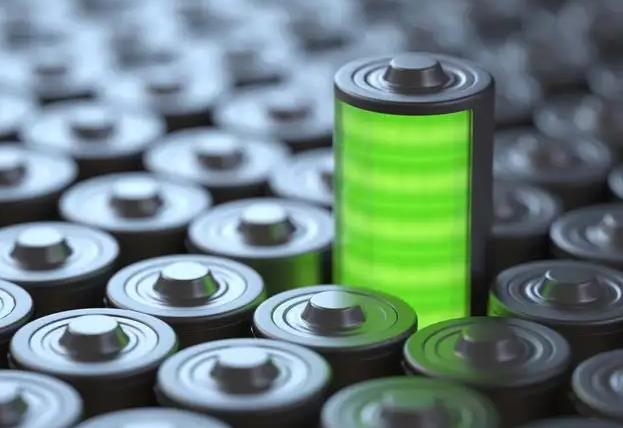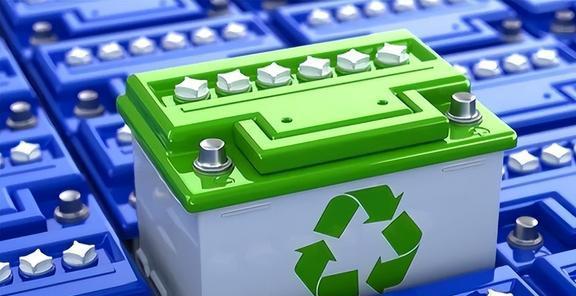According to the different electrolytes, the current solid-state battery technology is mainly divided into four mainstream technology paths: oxide, polymer, halide and sulfide solid-state batteries. In Ningde’s time, the sulfide route was taken.
To solve the problem of environmental stability of sulfide electrolyte, Ningde Times adopts two strategies: one is to improve air stability with reversible amphiphilic molecular hydrophobic layer coating design, and the other is to develop new synthesis routes and low lithium content materials to reduce costs.
Wu Kai believes that solid-state batteries only replace the electrolyte from liquid to solid value is not large, the real disruptive innovation is to adapt to a new material system, such as all-solid lithium metal batteries.

Faced with the problems of lithium metal cathode, Ningde era adopted a dual strategy:
On the one hand, the phase change self-filling technology is used to strengthen the electrolyte structure and inhibit the growth of lithium dendrites. On the other hand, the interface ion transport “highway” is constructed through the design of the Lipophilic interface layer, so as to exert the high performance of the lithium metal anode.
In terms of positive electrode materials, Ningde Times has developed a single-crystal positive multi-layer full-coating technology to enhance the stability of the interface structure and build an efficient electrode conductive network with a multi-functional composite adhesive.
In terms of manufacturing process, Ningde Times has opened up the dry/wet electrode preparation and battery cell integrated molding process, and has established a 10Ah all-solid-state battery verification platform.
It is worth mentioning that at present, Japan and South Korea also take sulfide all-solid-state batteries as the main technical route, such as Toyota in the field of solid-state batteries has always adhered to the sulfide route.
Solid-state battery layout in the Ningde era
As the world’s largest power battery manufacturer, the development and mass production progress of all-solid-state batteries has been the focus of the industry.
Although there are few reports on the progress of solid-state batteries in the Ningde era, in fact, the company has already carried out layout and investment in this frontier technology field.
In April 2023, Ningde Times released a condensed matter battery with a single energy density of up to 500Wh/kg. The battery uses a semi-solid colloidal electrolyte, which is a technical route between liquid batteries and solid batteries.

In December 2023, Ningde Times said on the investor interactive platform that the company is committed to solving various engineering and technical problems of solid-state batteries, and has a large number of technical reserves. The company’s condensed matter batteries can be mass-produced faster than solid state batteries, and can achieve high specific energy and high safety.
At the performance interpretation meeting held on the evening of March 15 this year, Zeng Yuqun, chairman of Ningde Times, said that the company attaches great importance to solid-state batteries, which have been laid out for many years, and recently increased a lot of investment.
Zeng Yuchun said that solid state batteries have three technical routes, that is, the oxide route, the sulfide route, and the polymer route, there are still many basic scientific problems to be solved, such as the ion diffusion rate in most solid electrolytes and liquid electrolytes there is an order of order difference, solid interface is difficult to always maintain good contact, etc., after breaking through these scientific and technological problems, There will also be problems with industrialization.

In terms of patent technology, Ningde Times also has a layout, announced on April 9 that it has obtained an invention patent authorization, the patent name is “binder, preparation method, negative slurry, negative electrode sheet, solid state battery and electric device”, the public number is CN117165222B, the application date is November 2, 2023.
Solid-state batteries have become a battlefield
While solid-state battery technology shows great potential in terms of energy density, safety, and cycle life, the road to mass production is fraught with challenges, including high costs, complex processes, interface stability, and immature supply chains.
